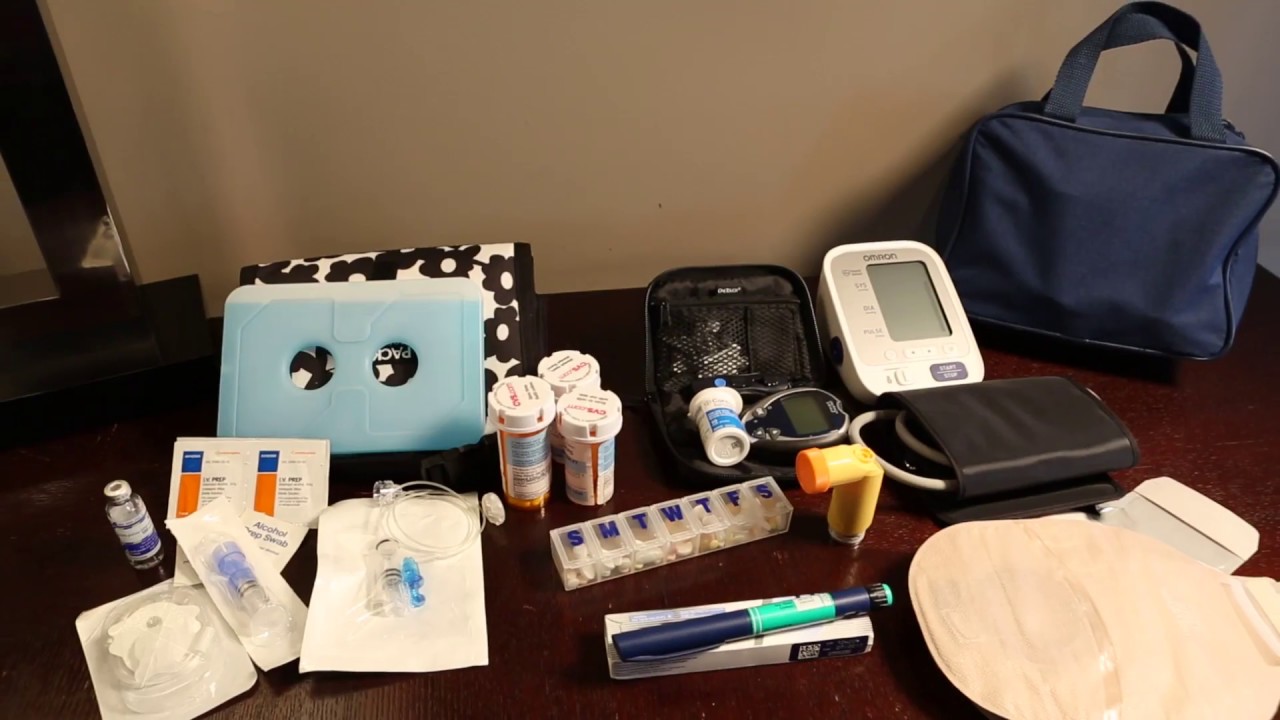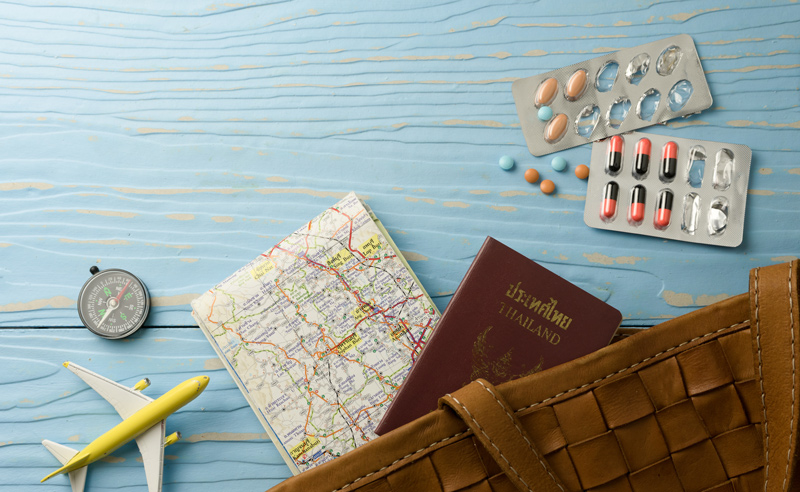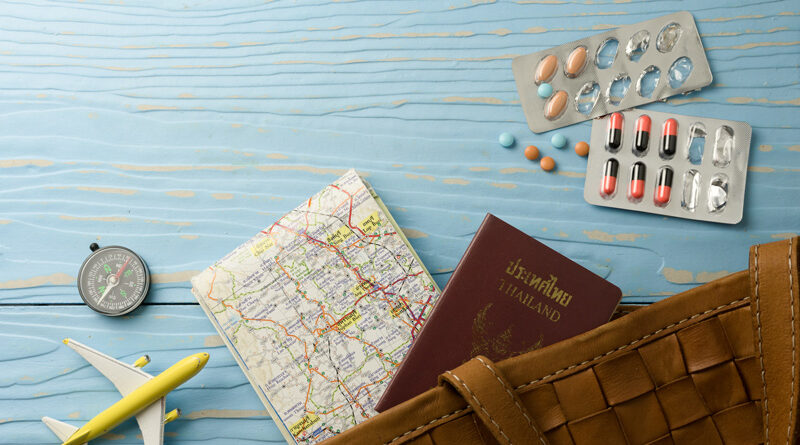Travelling with medical conditions can be daunting and pose many uncertainties. Different countries have different requirements and it can all seem quite overwhelming. We’ve provided answers to some of the most common questions regarding how to travel with a medical condition.
What should I do before I go?

source: pinterest.com
Before you plan on travelling with a medical condition, you should first make an appointment with your doctor or medical professional for advice. They will be able to provide you with any essential documents you might need to travel with certain medicines or health equipment. They will also make sure that you have enough medication to last you for the duration of your holiday. Depending on where you’re travelling to, you might need to take certain vaccinations, so check with your doctor that you’re able to receive these vaccines with your condition.
Your doctor will also be able to advise you on any coping strategies you can rely on should your condition flare up – for instance, they might help you to devise a mindfulness plan if you’re prone to anxiety attacks.
Can I fly with my medicines?

source: irishtimes.com
You should be able to fly with essential medical equipment, but it’s always a good idea just to double check with the airline. Usually, medicines and medical equipment, such as syringes, should be stored in their original containers and correctly labelled with your prescription. If you need to carry your medication on your person – for instance if you need to have insulin with you – then always inform the airline beforehand and speak to your doctor for advice regarding a medical letter.
Can I take my medication abroad?
In most cases, you should be able to take your medications with you, although different countries have different requirements. Some places require that travellers declare all medicines and related products on arrival; while others have stricter laws. It’s worth realising that some medicines that are legal in the UK are banned in other countries and could carry serious penalties for possessing them, so you must check with the relevant government or authority beforehand. Some countries, such as India, Turkey, and Pakistan have their own designated list of all the medicines they won’t allow into their country.
What if I get ill on holiday?

source: pinterest.com
Unfortunately, the unexpected can happen, so it’s good to be prepared beforehand. Medical bills abroad can be extortionate, so you don’t want to get caught out. Consider getting good travel insurance, such as the policy offered by Staysure, which covers pre-existing medical conditions. Before you reach your destination, you should also familiarise yourself with the local emergency services – take a note of nearby pharmacies and hospitals, as well as the local emergency phone number.
What if my medicine gets lost or stolen while I’m away?
It’s always a good idea to carry extra supplies of your medical equipment just in case anything goes missing. Make sure your additional supplies are stored in a different bag from your main supply.
How can I make sure my destination is fully accessible and inclusive of my condition?

source: medicaltravelinsurance.co.uk
Always inform your airline or other travel operator beforehand so that they can arrange for any special requirements you might need. An example is if you suffer from a serious allergy – your airline should be aware of this so that it can warn other passengers who might try and sneak snacks on board which could be potentially fatal to you. It will also make the cabin crew aware, so that they can act fast should you have an anaphylactic reaction. Likewise, you should contact your accommodation beforehand and inform them of any conditions. For instance, if you have a mobility impairment, your accommodation can make sure you have a ground-floor room.
Conclusion
Travelling with a medical condition can make you feel anxious, but with these questions answered, you should be able to relax and enjoy your trip.




